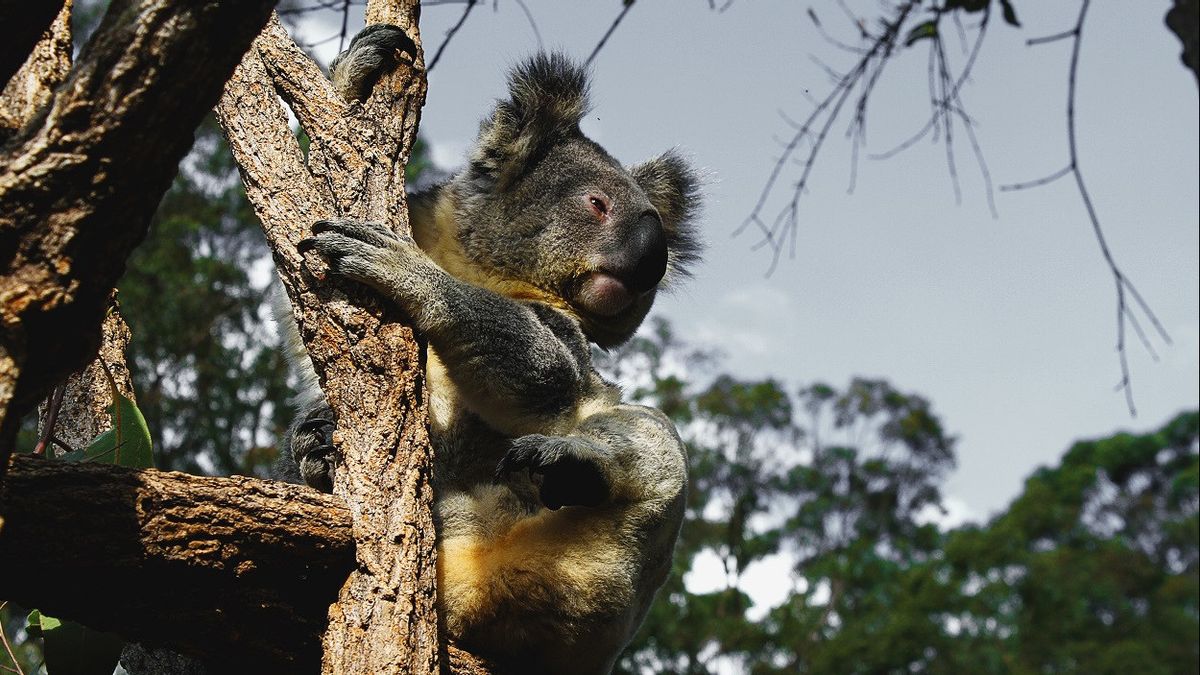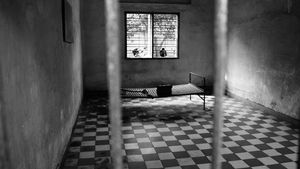JAKARTA - Around 400 Australian koalas will be vaccinated against a chlamydia infection as part of an experiment that researchers say they hope can play an important role in the animals' long-term survival.
Chlamydia, a sexually transmitted disease also found in humans, has become widespread among Australian koalas, affecting half the animals in some areas.
"This is a violent disease that causes debilitating conjunctivitis, bladder infections and sometimes, infertility," Amber Gillett, Australia Zoo Wildlife Hospital veterinarian and research coordinator, said in a statement on Friday as the trial began. October 16.
The bacterial disease, which can spread from mother koalas to their babies, can also cause blindness, the researchers said.
Later, each koala will be given one dose of vaccine, and then a microchip will be attached before being released back into the wild.
"While this vaccination will directly benefit each animal, this trial will also focus on the protection provided by vaccination," said Peter Timms, professor of microbiology at the University of the Sunshine Coast, who led the experiment.
Although in most cases chlamydia can be treated with antibiotics, the researchers hope the vaccine will help improve animal survival and reproduction.
Estimates of koala populations vary because they are difficult to quantify in the wild. A 2016 study conducted by the University of Queensland, calculated there are around 330,000 koalas left in Australia.
Meanwhile, a study conducted by the World Wildlife Fund estimates that more than 60,000 koalas have been killed, injured or affected by the devastating bushfires in Australia in 2019 and early 2020.
The English, Chinese, Japanese, Arabic, and French versions are automatically generated by the AI. So there may still be inaccuracies in translating, please always see Indonesian as our main language. (system supported by DigitalSiber.id)











